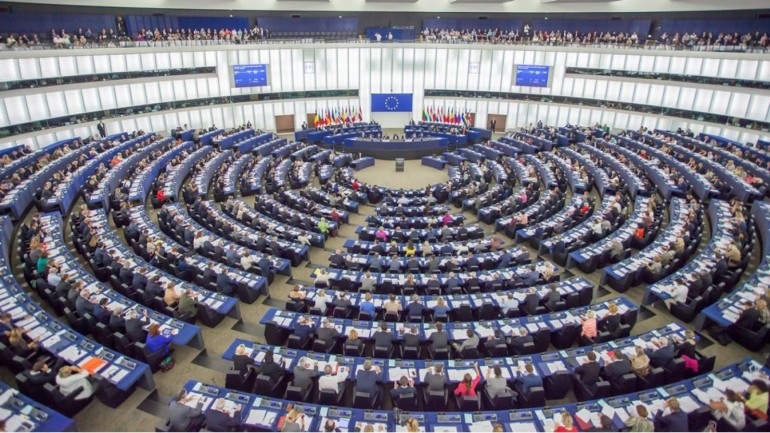

25.11.2024
A week after it was weakened by the European Parliament, the law against imported deforestation is now supported by the member states of the European Union.

On November 14, 2024, the European Parliament voted to postpone the implementation of the EUDR by one year and introduced new amendments, including a “zero risk” category. This development initiated trilogue negotiations between the Parliament, the Council, and the European Commission.
The Council, supporting the Commission’s original proposal (a postponement without additional modifications to the text), reaffirmed its position on November 20. However, discussions on November 21 failed to reach an agreement.
The three institutions appear to agree on the one-year postponement, but the upcoming trilogue, scheduled for December 3, will be critical for reaching a compromise. If an agreement is found, a plenary vote will be required to validate the text during the week of December 16. Without a consensus, the EUDR would still take effect as planned on December 30, 2024.
The EU is responsible for 16% of global deforestation through its imports, and is the second biggest destroyer of tropical forests behind China, according to the NGO WWF.
The life of the European project to combat deforestation is decidedly turbulent. Although it was due to come into force at the end of the year, many voices in Europe and elsewhere are calling for its postponement. Indeed, critics describe the text as a gas factory: importers of goods to the old continent must prove that their products and those of their suppliers are not the result of deforestation. Under pressure from Brazil, the United States and even Germany, the European Commission proposed postponing its entry into force by one year, from December 30, 2024 to December 30, 2025.
Alliance between the right and the far right
An agreement to this effect had been reached, but last Thursday, during the vote in Parliament to ratify it, the conservatives joined forces with the far right to weaken the project. The European Parliament had voted to create a new category of countries considered “risk-free”, which would be exempt from certain obligations under the law, reports AFP.
Source RFI - 22/11/2024